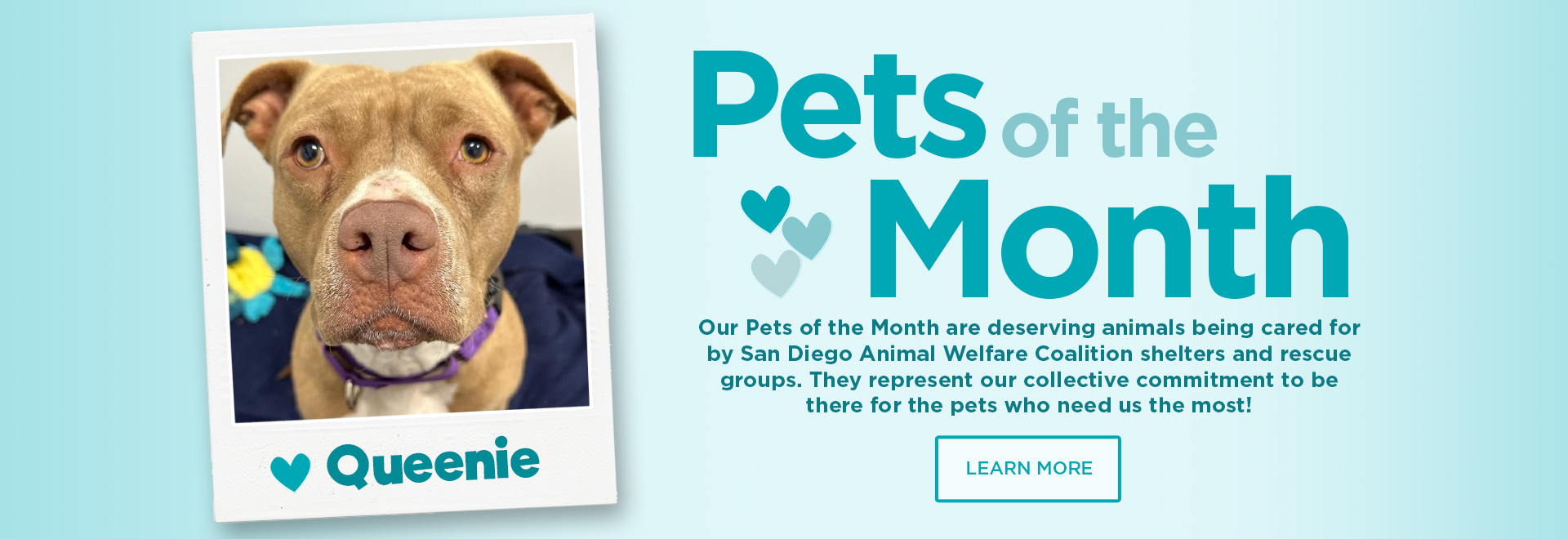"Uncovering the Top Synonyms for Pet Peeve: Understanding Your Everyday Irritations"
Guide or Summary:AnnoyanceGrievanceIrritantNuisanceVexation#### IntroductionIn our daily lives, we all encounter those little annoyances that can make us fe……
Guide or Summary:
#### Introduction
In our daily lives, we all encounter those little annoyances that can make us feel frustrated or irritated. These minor irritations, often referred to as "pet peeves," can vary greatly from person to person. However, the term "pet peeve" is just one way to describe these everyday nuisances. In this article, we will explore various synonyms for pet peeve, providing you with a deeper understanding of these common irritations and how they affect our lives.
#### What is a Pet Peeve?
A pet peeve is a specific annoyance that an individual finds particularly bothersome. It may be something that seems trivial to others but can provoke a strong reaction in the person experiencing it. For example, someone might find it irritating when people chew loudly, while another person may be bothered by the sound of tapping fingers. Understanding what constitutes a pet peeve can help us navigate social situations more effectively and foster better relationships with those around us.
#### Synonyms for Pet Peeve
When discussing these everyday irritations, it can be helpful to know some synonyms for pet peeve. Here are a few terms that can be used interchangeably:
Annoyance
An annoyance is a general term for something that irritates or bothers someone. This can encompass a wide range of behaviors or situations, from loud noises to rude comments.

Grievance
A grievance refers to a complaint or a feeling of resentment, often stemming from a perceived injustice. While grievances are typically more serious than pet peeves, they can still reflect everyday irritations.
Irritant
An irritant is something that causes discomfort or annoyance. This term can be applied to both physical and emotional triggers, making it a versatile synonym for pet peeve.
Nuisance
A nuisance is something that causes inconvenience or annoyance. This term is often used in legal contexts but can also apply to personal irritations in everyday life.
Vexation
Vexation refers to the state of being annoyed or frustrated. This term captures the emotional response to a pet peeve, emphasizing the feelings of irritation that accompany it.
#### Why Do We Have Pet Peeves?
Understanding why we have pet peeves can provide insight into our personalities and preferences. Pet peeves often reflect our values and what we prioritize in our lives. For instance, someone who values punctuality may be particularly annoyed by tardiness, while someone who prioritizes cleanliness might find disorganization to be a significant irritant.

Additionally, pet peeves can serve as a coping mechanism for stress. When we encounter minor annoyances, they can distract us from larger issues or challenges we may be facing. However, it's essential to recognize that while pet peeves are a natural part of life, they can also lead to unnecessary conflict if not managed properly.
#### Managing Your Pet Peeves
While it's impossible to eliminate all irritations from our lives, there are strategies we can employ to manage our pet peeves more effectively. Here are some tips:
1. **Awareness**: Recognizing your pet peeves is the first step in managing them. Take note of what specifically irritates you and why.
2. **Communication**: If a particular behavior bothers you, consider discussing it with the person involved. Open communication can often resolve misunderstandings and reduce irritations.
3. **Perspective**: Try to see the bigger picture. Reminding yourself that everyone has their quirks can help you develop empathy and reduce frustration.

4. **Mindfulness**: Practicing mindfulness can help you stay grounded and less reactive to minor annoyances. Techniques such as deep breathing or meditation can be beneficial.
#### Conclusion
In conclusion, understanding synonyms for pet peeve can enhance our awareness of the little irritations we encounter daily. By recognizing and managing our pet peeves, we can improve our relationships and overall well-being. Whether you refer to them as annoyances, grievances, irritants, nuisances, or vexations, it's essential to acknowledge these feelings and find constructive ways to address them. Embracing our quirks and those of others can lead to a more harmonious and enjoyable life.